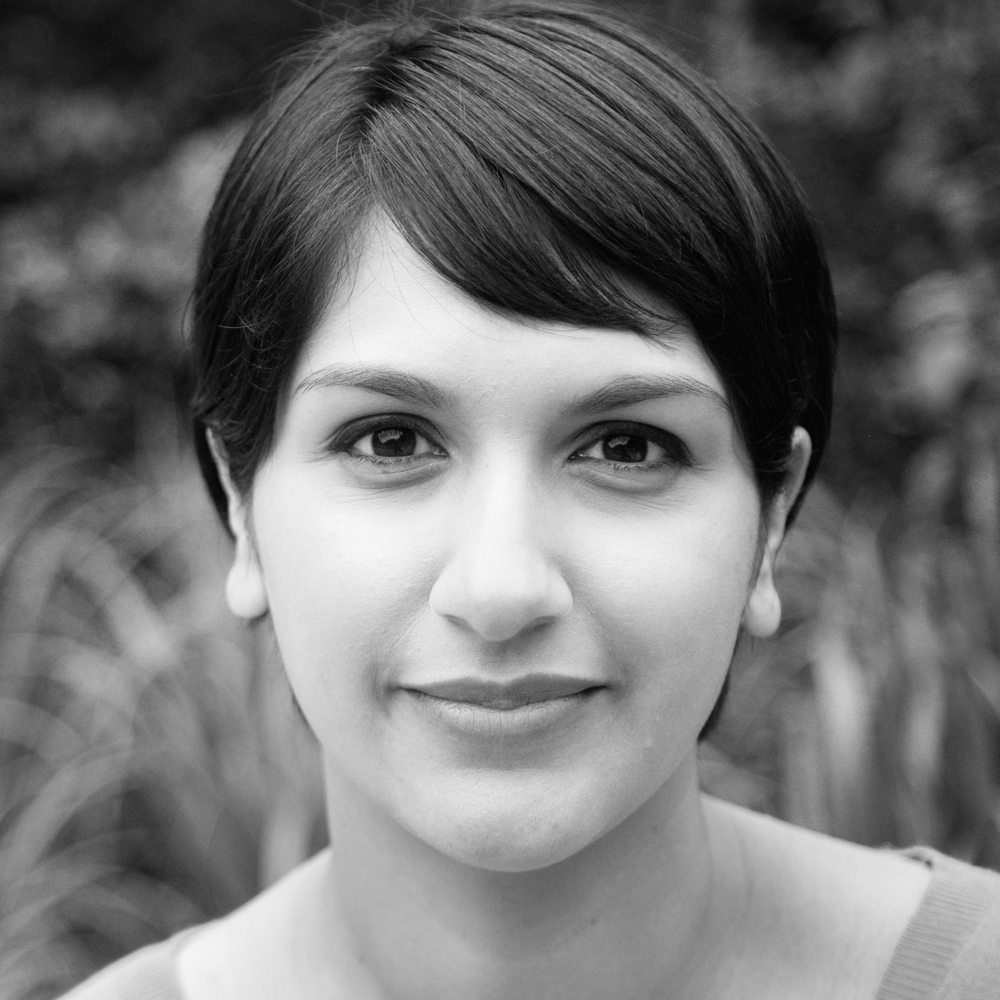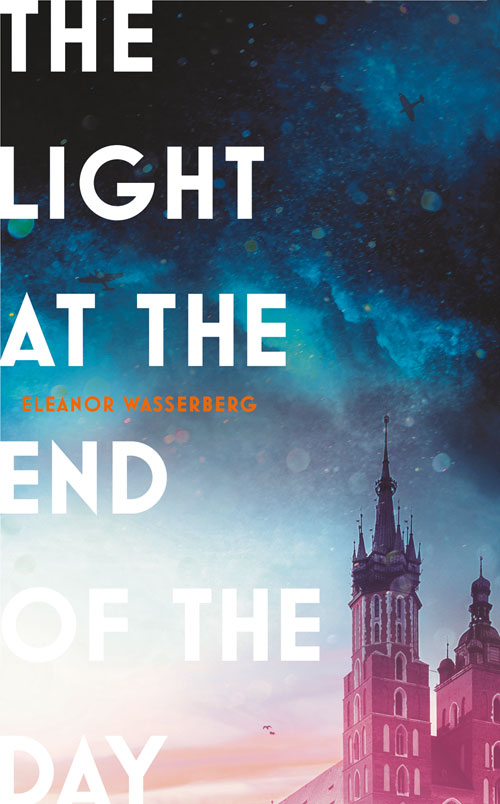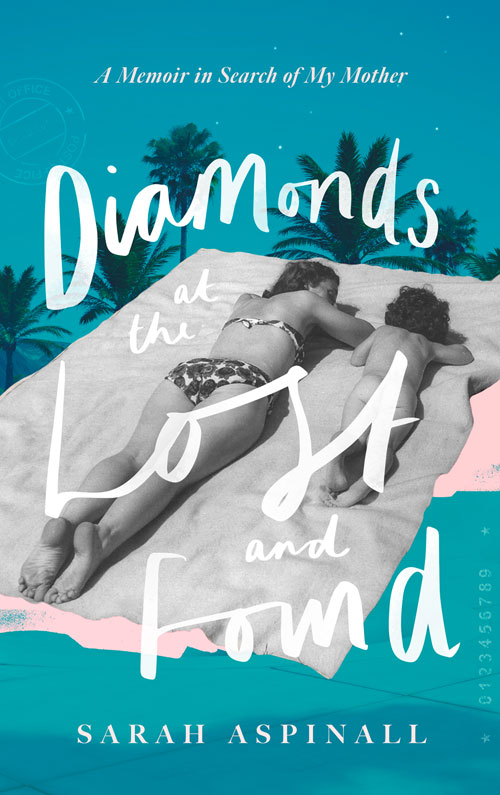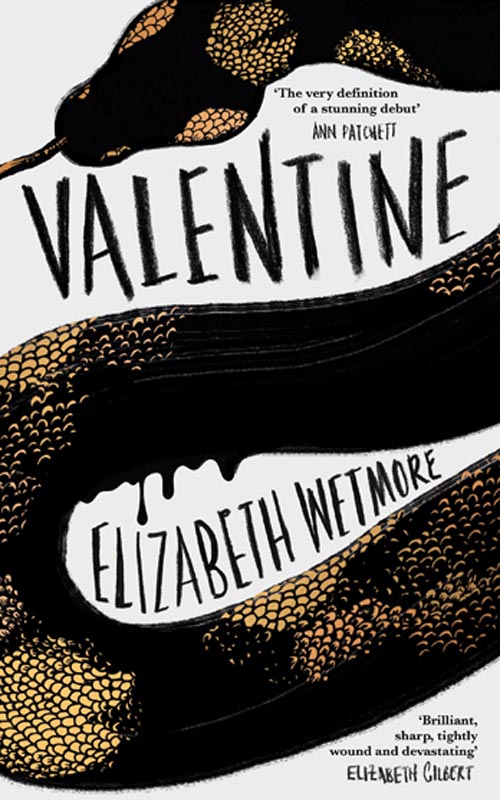What does it mean to be a woman in 2018? What do you hope is different for the women in your family in 50 years’ time? If you could change one thing about how society views the feminist movement, what would it be?
As part of our month-wide celebration of women’s writing, 4th Estate will be bringing you exclusive written pieces from our fantastic authors. We presented them with a selection of questions to choose from, and the responses we’ve had have been hugely inspiring. We can’t wait to share them all with you.
We are starting today with Inferior author Angela Saini.
4th: What does it mean to be a woman in 2018?
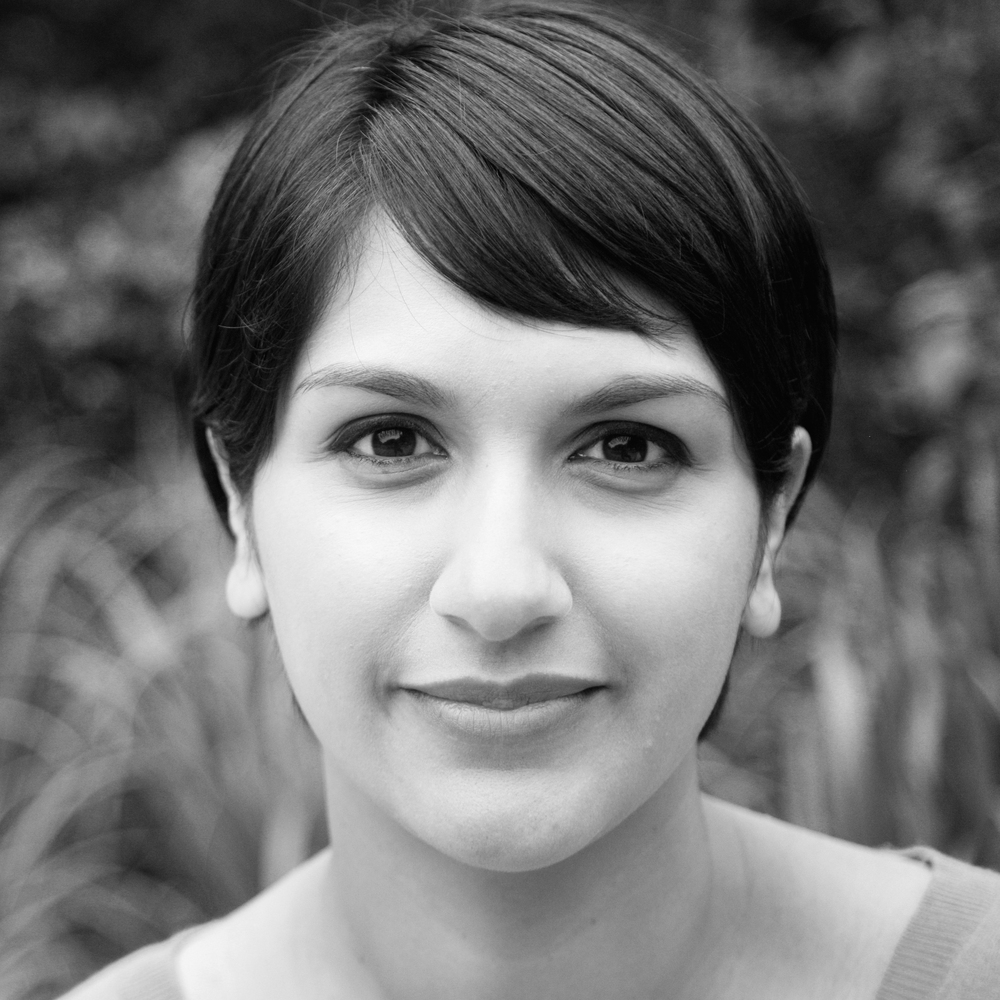 AS: In January this year I went to visit my husband’s great grand-aunt, who lives in the architecturally beautiful city of Chandigarh in north India. She had just turned ninety-six, and as the oldest member of either of our families, we felt it was important for our son to meet her. Her life, we told him, has been nothing short of remarkable. She was the first woman in India to qualify and work as a dentist. She never married, instead travelling the world, building lasting friendships with others in her field. She was a pioneer.
AS: In January this year I went to visit my husband’s great grand-aunt, who lives in the architecturally beautiful city of Chandigarh in north India. She had just turned ninety-six, and as the oldest member of either of our families, we felt it was important for our son to meet her. Her life, we told him, has been nothing short of remarkable. She was the first woman in India to qualify and work as a dentist. She never married, instead travelling the world, building lasting friendships with others in her field. She was a pioneer.
Our four-year-old son, listening to her sing in her soft voice and looking at photographs from her adventures, couldn’t imagine the world she had grown up in. Back then, when most women wherever they lived were still expected to be wives and mothers first, who couldn’t dare to dream of a life like hers.
The boxes we exist in get bigger with every generation. More than a century ago, being a mother was seen as a woman’s primary ambition, the ultimate fulfillment of her biological destiny. Popular English Victorian poet Coventry Patmore celebrated the female paragon, ‘The Angel in the House’, whose only pleasure was to please her husband.
Women who wanted more, who wanted a public life, space to write or think, to be scientists or engineers, even to vote, were seen by many as transgressing their natural roles. In the run-up to some women being granted the vote in 1918, in 1915 the British reproductive biologist Walter Heape – one of the most eminent in his field – published an entire book arguing that women were wasting their reproductive potential by going out to campaign for suffrage.
Heape encapsulated what many men felt about women, but also what many women felt about themselves. Being confined within walls for so long, it can be difficult to see any life beyond them. But by then, women had already started knocking them down. Thousands of women had already proven themselves by doing ‘men’s jobs’ during World War I. They worked as chemists, engineers, mathematicians, doctors and inventors. They would prove themselves again during World II, and again in the post-war period as universities opened their doors and granted them equal status to men. We began to see that being a woman could easily mean being a professor, a surgeon, a pilot, an astronaut. We could have a female Prime Minister.

The more opportunities that women have been given, the bigger their boxes have become. Every time, it’s also interesting to notice how society’s resistance to change also moves. Once upon a time, people said that women were physically and psychologically incapable of doing what men could do. When they showed they could, people argued that even if some women were capable, most weren’t. As sexual equality has increased, they now insist that women make naturally different choices from men. One day soon, I’m sure, the boxes will be so big that we won’t be able to see them at all.
What are seen as exceptions will become the norm. This is the world my son is growing up in, and I hope that by the time he is an adult he will see nothing remarkable in women and men living equal lives in an egalitarian world. I hope, too, that he never forgets the women who made it possible, including those within his own family.
What do you hope is different for the women in your family in 50 years’ time? Elizabeth Church answers.
Find out more about WOM4N, a month wide celebration of women’s writing at 4th Estate.
Subscribe to the 4th Estate podcast.
